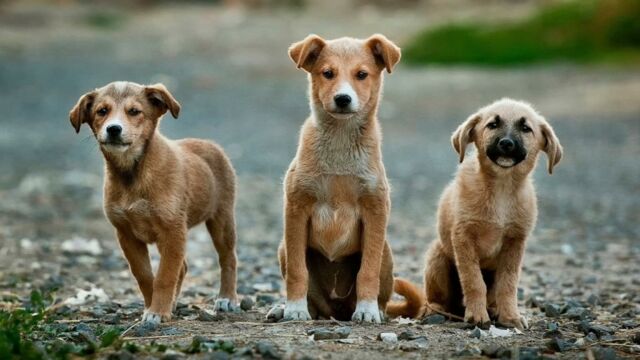Pham Minh Hung and Nguyen Thi Chi Em were travelling across the country to a stay with their relatives, as COVID had made it impossible for them to earn a living in the city. They set off with three other relatives and a pack of fifteen dogs—which unfortunately reduced to twelve along the way.
Discover our latest podcast
Harsh COVID measures
Right as they reached their destination, all five of the travellers tested positive for COVID, and they were admitted to a hospital for treatment. According to the BBC, the dogs were put in a quarantine centre and the couple had hoped to pick them up once they recovered. However, Vietnamese authorities had their own plans.
They decided to execute all the dogs over fears that they were infected with COVID and may pass it on to other people. A local official said in a press conference:
Disease control must be prioritised in the first place and the decision to kill the animals immediately was a necessary preventive measure.
The pet owners, however, were heartbroken. Firstly because their pets were their family, and secondly because the authorities failed to communicate their plan to them. Pham Minh Hung told BBC:
My wife and I cried so much that we couldn't sleep.
I didn't want to believe that really happened… I couldn't do anything to protect my kids.
Can pets catch COVID?
According to official guidance that is published by the government on GOV.UK, there is very little data that suggests that animals can get infected with the virus and pass it on to other humans. While a few pets have been infected with the virus, along with a handful of zoo animals, the risk is still very low. The 'Stay at home guidance' published by British authorities says:
There is limited evidence that some animals, including pets, can become infected with SARS-CoV-2 (the virus that causes COVID-19) following close contact with infected humans.
That being said, several health organisations, including the Centers for Disease Control and Prevention (CDC) have advised infected patients who are self-isolating with pets to limit contact with their pets and wash their hands before and after interacting with them.















